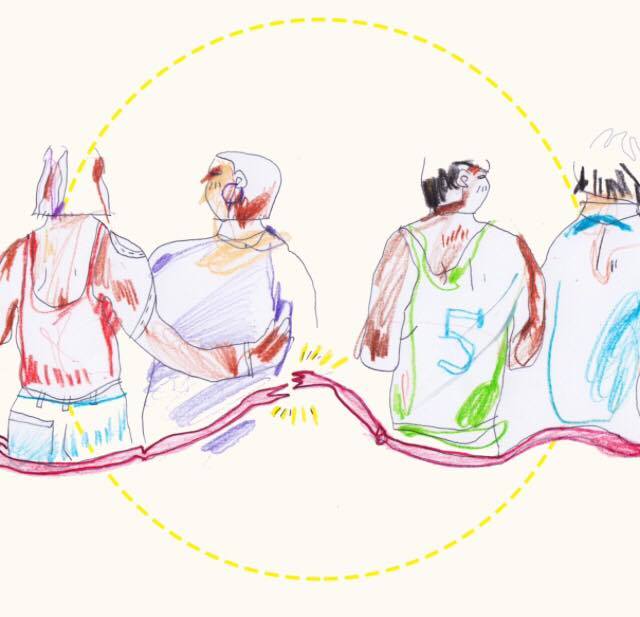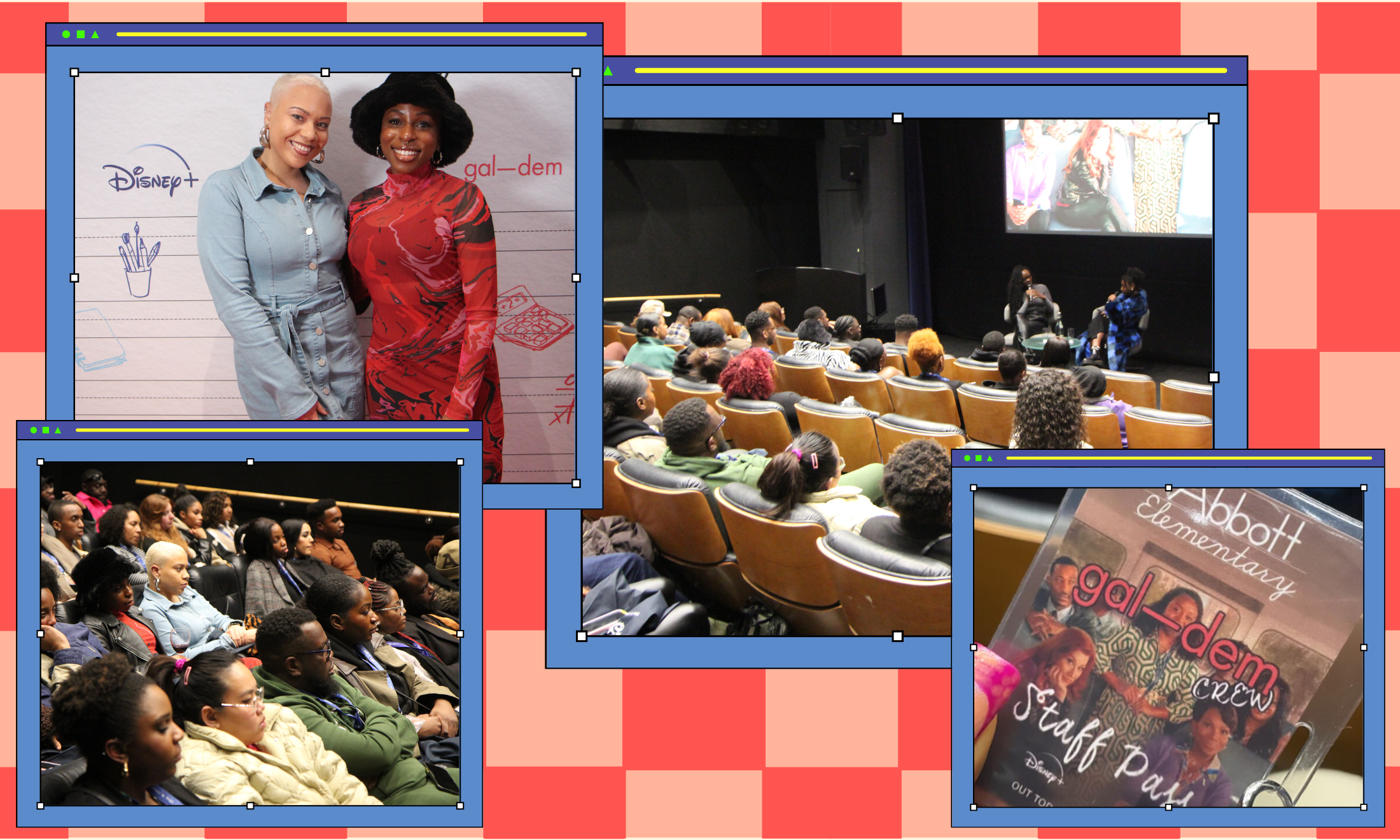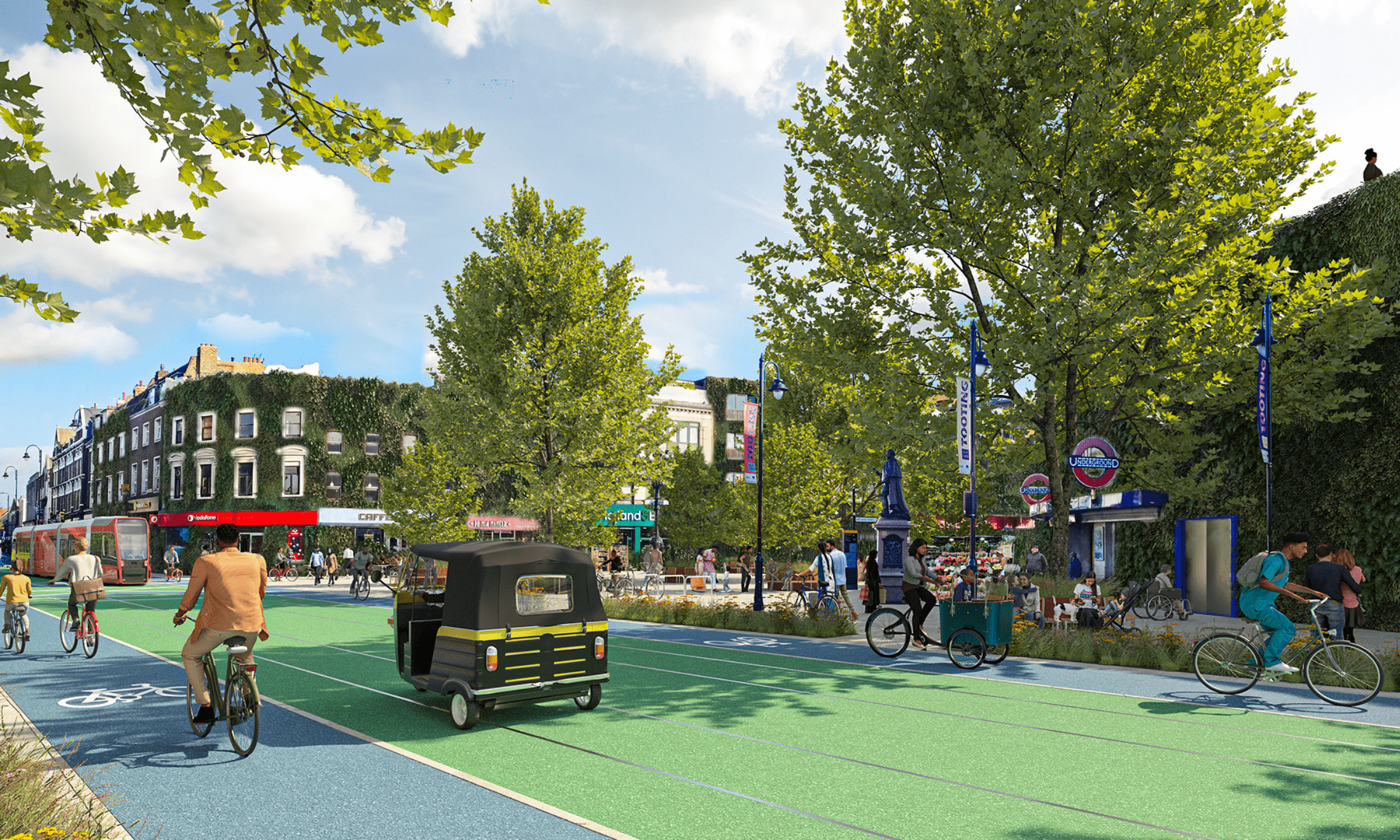
On a budget this past Christmas, I got my mum some guava jam from Colombia. I picked it up from Pueblito Paisa, most commonly known as Seven Sisters indoor market on Wards Corner. This turned out to be the best present I could have got her; she keeps sending me pictures of it on toast, on crackers and just about anything. Like many other migrant communities, us Latinxs cherish our cultures and find comfort in the tastes, sounds and traditions of our shared ethnicity, that although made up of different races, languages and religions, offers us a place of refuge and familiarity when we are displaced or choose to relocate away from home.
Before moving to London, I lived in a less ethnically diverse city where the only other Latinxs I knew were a handful of relatives and a couple of family friends. Since moving to London, although being faced with the lack of paid employment and ridiculous rent prices, I am excited to find many first and second generation Latinxs, many who have made their mark in several boroughs with their own businesses, charities (such as Latin American Disabled People’s Project and Latin American Woman’s Aid) and social initiatives open to and for everyone.
The Seven Sisters markets has become a hub for the community, with the second highest concentration of Latin American business in Tottenham after Southwark. Inside you can drink real Colombian coffee for less than £2 and buy the ingredients to make authentic foods from a range of Latin American and Caribbean countries or eat in at a range of stalls or Pueblito Paisa, the restaurant at the front of the market. You can get your hair done, pick up some clothes or the latest telenovelas and films from Latin America on DVD then stay to watch football in a crowd or dance amongst the shops when they close in the evening. As well as being a place where you can get consultancy on legal matters such as immigration or housing, you will also find children playing in the corridors and young people picking up a snack or meeting their parents after school. Latin Village feels a lot like a home, caring for a range of needs and welcoming anyone inside under its roof.
It takes a whole village to raise a child Pueblito Paisa 7Sisters @SophieKLinden @ExtraMediauk @TfL @DavidLammy @KeithPrinceAM @AndrewBoff pic.twitter.com/ymTO22ksfp
— Mirca Morera (@LatinCornerUK) October 1, 2016
To hear of its possible closure is extremely sad. Not only will it take away the little we have but will declare our cultures as insignificant to the “multi-cultural” city the government continues to shout about whilst simultaneously allowing gentrification to push out communities.
Since the London Borough of Haringey’s cabinet announced development under the plan “Seven Sisters Regeneration” in 2003, the indoor market has been under the threat of removal and demolishment. Unlike the plan suggests, this would actually mean the taking down of the current buildings, and the businesses within them, in the favour of corporate interest. As the plan’s images show, the locally-run businesses will be replaced by standard high-street shops that continue to grow overwhelmingly across the city.
For 10 years the market-traders fought, offering an alternative to the homogenising plans and submitting their own fully-fleshed plan in 2013 entitled “Wards Corner Community Plan”. This plan focused on restoring the area rather than tearing it down, overall improving the businesses and creating more opportunities for the community. However, Grainger won the bid and support from the council. In their details for the development is the intention to re-establish the market across the street. This process will undoubtedly take years, meaning merchants will lose out on businesses and will disrupt the community they, and their supporters, have worked so hard to build over the years. The toughest challenge the community now face is the compulsory purchase orders that were issued by Grainger.
Refusing to give up, the market continues to fight with a campaign lead by Mirca Morena, director of Latin Corner UK, set up to support and publicise the market’s traders and community. Together the market has drawn support from the public through an online petition, and through protest. However, there has still been a lack of awareness from publications, echoing in many people not knowing that this is and has been happening. This is perhaps due to Latinxs not being seen as an established community in the UK and continuing to be considered part of its fabric.
One of the only studies on the population of Latinxs in London was completed by Queen Mary University in 2011, revealing that there had been an almost four-fold increase in the Latin American community in the past decade, becoming equivalent to other large migrant and ethnic groups in the capital. However, the study concludes the community’s “contribution and needs have been largely ignored”. Although having an 85% employment rate, more than half of Latin Americans are employed in low-paid service jobs, with 40% experiencing workplace abuse and exploitation with 11% outrageously paid below the National Minimum Wage, ten times higher than the average rate for the UK population. Despite this only a low number of the Latin American community use public service, with only 1 in 5 receiving a form of state welfare, and instead one third look to community organisation for help and support. A distressing 70% of Latin Americans, including second generation, perceive discrimination to be one of the main barriers, with this not accounting for the racism also experienced by brown and black Latinxs.
As the community increased in size since this study, it would be interesting to see whether the circumstances have changed, but the possible closure of Seven Sisters indoor market and the lack of attention it has garnered suggests otherwise.
To take down the market will not just take away an essential part of the borough’s culture, it’s to take away one of the only places we can call ours. The closure of Pueblito Paisa will take a way a place of support for Latinxs with low-incomes. It will take away a place for non-Latinxs who find home in the market and help with their Spanish. It will take away a social place for the elders and a safe space for young people to be close to their culture or simply hang out. It will take away the businesses of not just the Latinxs but of the Nigerian, Ugandan and Jamaican traders who are also part of the market. It will take away all of this just for more expensive flats next to another Costa.
Support the Latin American community in London and Seven Sisters indoor market by visiting the market, spreading the word or signing the petition.









